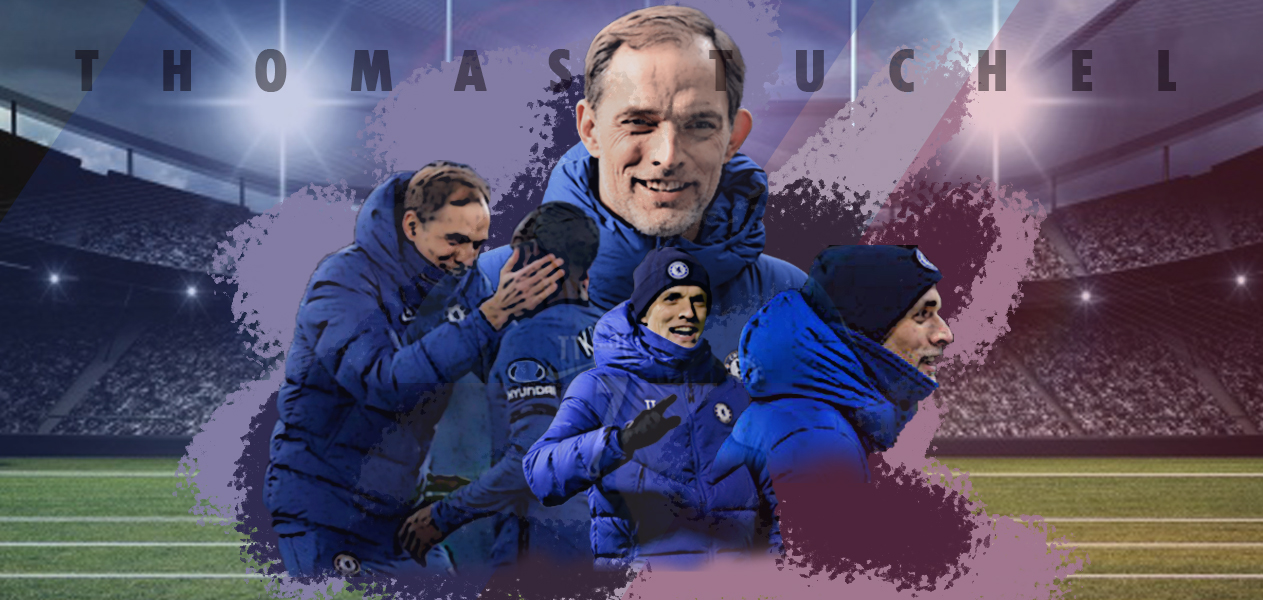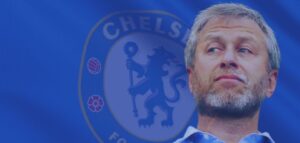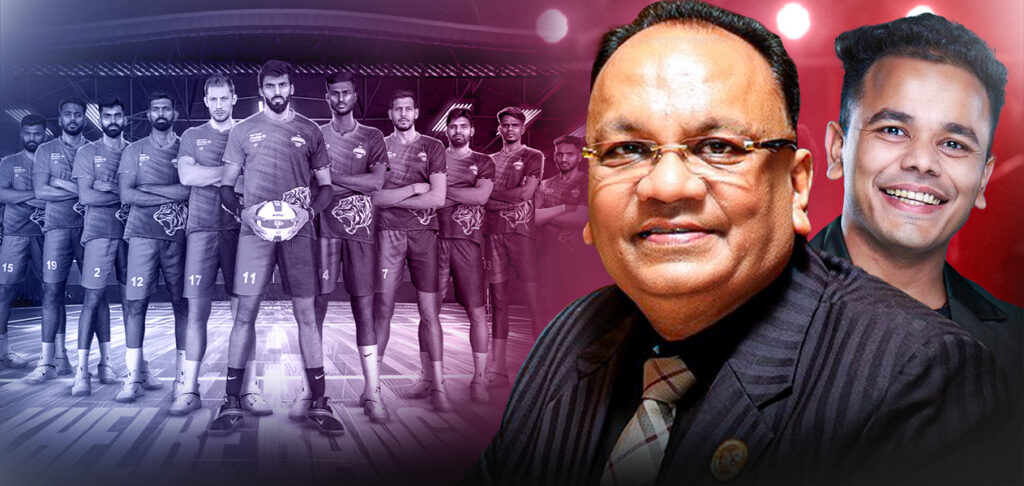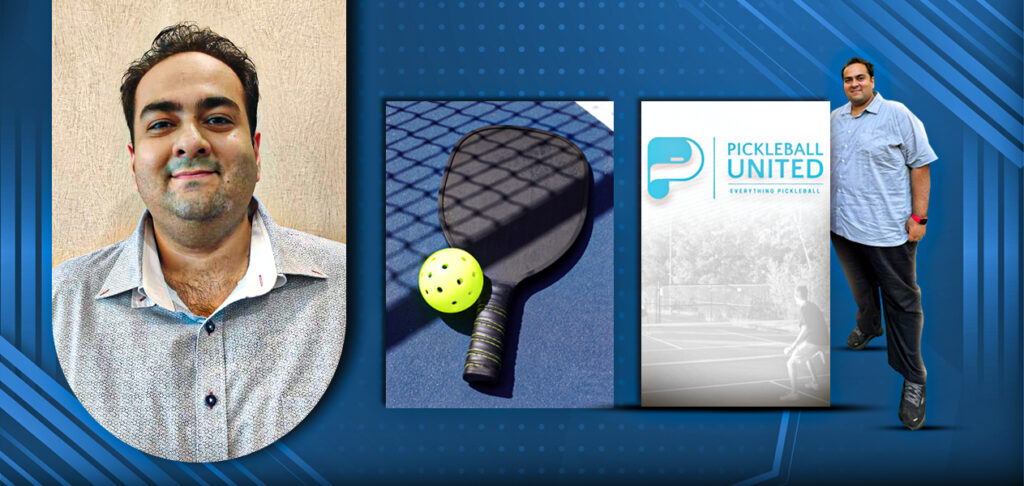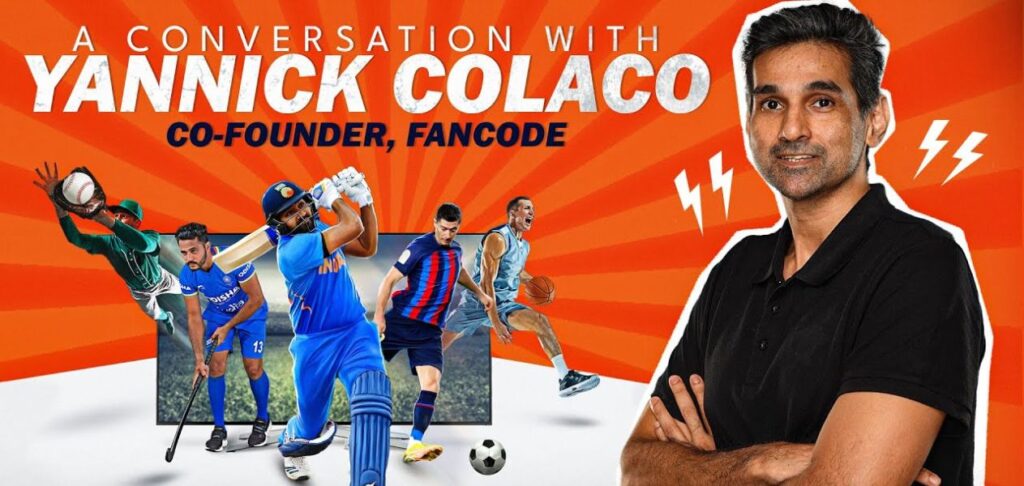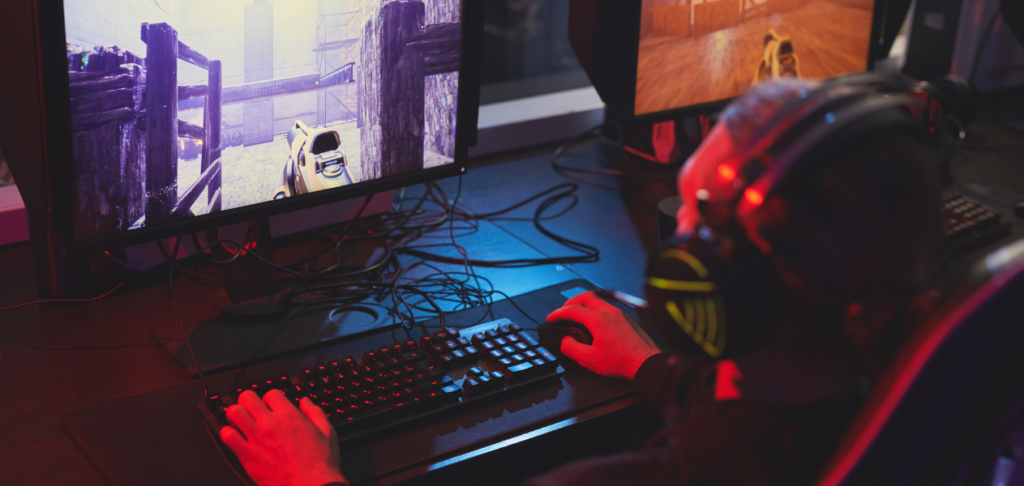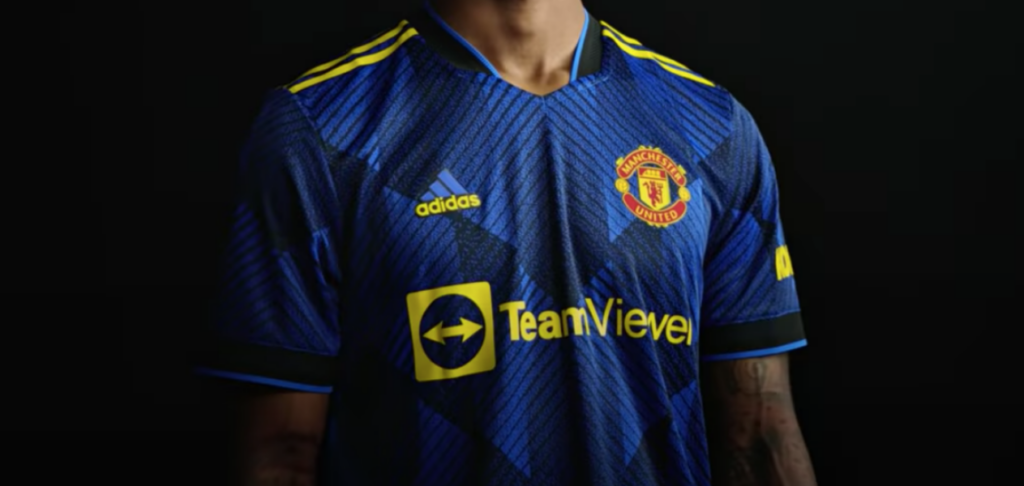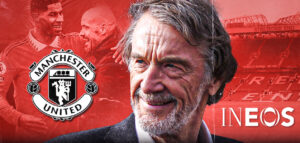Thomas Tuchel has become a household name in European football for his managerial prowess, taking charge of some of Europe’s elite clubs in the last few years. Thomas Tuchel has provided some incredible moments during his rise to prominence by working wonders with youth teams to manage the world’s best players in Germany.
With stints at Borussia Dortmund, Paris Saint-Germain, and now at Chelsea, Tuchel’s ride hasn’t been easy. Following his Champions League glory with Chelsea, we take a look at Tuchel’s career so far.
Also Read – A look at Tuchel’s time at Chelsea so far
Failed Footballer
Born in Krumbach, West Germany, Tuchel started his senior career at Stuttgarter Kickers, making a mere eight appearances for them and making 69 appearances for SSV Ulm. Tuchel was on the verge of hanging up his boots due to a severe knee injury at 24 in 1998.
Tuchel’s manager was none other than tactical revolutionary Ralf Rangnickm at Ulm. In 1999, Rangnick secured a role at VFB Stuttgart, an established Bundesliga club. It was here that Tuchel’s coaching career began.
Coaching Career
The young German requested his former manager Rangnick to get a trial for VFB Stuttgart Reserves, desperate to not give up on playing. When it became clear that the end was near and Tuchel’s knee was irreparable, Rangnick asked if Tuchel could envision working in youth football as a mentor. Tuchel went through the ranks, coaching the U14s, the U15s, and then the U19s, achieving significant success.
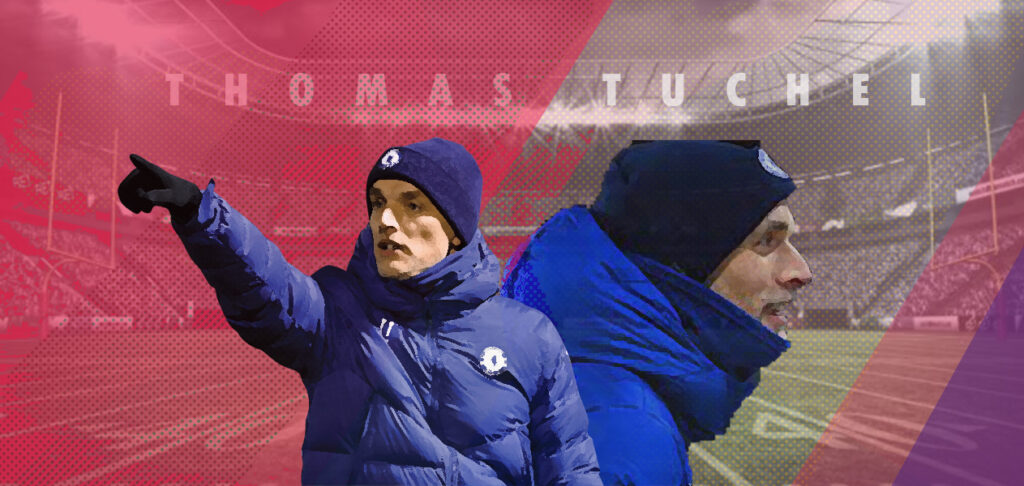
FC Augsburg II
At Augsburg FC (where he had developed as a youth player), Tuchel was initially appointed as the U19 Head Coach. After completing his coaching badges, he was given the opportunity to coach their reserve team, a team that contained a certain 20-year-old Julian Nagelsmann, an injury-prone defender himself. He demonstrated an innate capacity to recognize and nurture talents. Tuchel instructed Nagelsmann to provide scouting reports, setting him on the path to coaching stardom. Tuchel served as coordinator for three years, transitioning into management after being offered the first-team coach position at Augsburg II for the 2007–08 season.
Tactically he was a staunch disciple of the Ragnick school of offensive thinking, forward pressing, and ball-oriented play, principles they had absorbed through years of studying the likes of Arrigo Sacchi.
Mainz 05
After three years at Augsburg, Tuchel was invited to take charge of the Mainz 05 U19 side, whose first team had just been relegated from the Bundesliga under the leadership of Jürgen Klopp. At Mainz 05, Tuchel impressed many after winning the 2009 German Youth Championship against a highly fancied Borussia Dortmund side featuring the likes of Mario Götze.
Mainz 05, who had just secured a promotion back to the Bundesliga under the tutelage of Jørn Anderson, ruthlessly sacked the Norwegian and handed the reigns to Thomas Tuchel, his first top-level job aged 36 and after just nine years as a coach.
Despite being low on funds and having a squad that was ill-equipped for top-level football, Tuchel could use engineered conflict to bring his players to the desired level. He forced his players to become accustomed to training in different shapes and pitch sizes varying from rhombuses to circles, or 18m wide x 75m length and 30m length x 70m wide. He was pushing the players to their intellectual limits so that they would not be fazed by the ever-changing scenarios of match day.
Tuchel experimented with a range of formations. His favored choices generally being a 4-2-3-1 and 4-1-2-1-2. He twice guided Mainz 05 into the Europa League and their free-flowing, high pressing, attacking football, which Pep Guardiola’s Barcelona influenced, earned Tuchel plenty of admirers.
Tuchel left Mainz 05 in 2014 with a year remaining on his contract. “I couldn’t see how we could reinvent ourselves once more the coming summer,” he said.
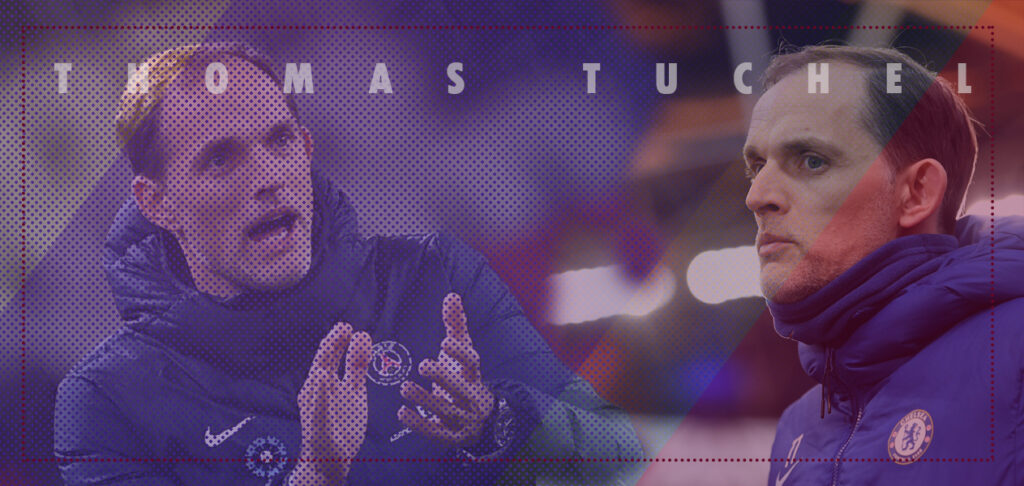
Borussia Dortmund
Following the departure of Jürgen Klopp in 2015, the Dortmund hierarchy deemed Thomas Tuchel worthy of being their new head coach. Tuchel instantly conducted a mass clear out, allowing nine players to depart, injecting young fresh minds and legs into the jaded squad, which was crucial if he were to implement his own brand of high-octane football. He brought Julian Weigl into the setup to act as Tuchel’s deep-lying pivot in the midfield. The young German midfielder was omnipresent in the midfield while everyone else around him shifted.
The philosophical framework of Tuchel was based on ‘gegenpressing’ (forward pressing) and lightning counter-attacks. Tuchel wanted more ‘control’ and ‘class’ in the midfield, unlike Klopp, who prioritized work rate. He wanted to incorporate ideas from the Barca/Ajax model of possession-based play with controlled and swift passing. The overall vision was to have a squad of motivated, fictile individuals who would facilitate his vision.
Initially, Tuchel used his customary 4-2-3-1/4-1-4-1 shape. By the end of his tenure, Tuchel began to unleash his full array of tactical dynamism, such as instructing Piszczek to drop deep as the third center-back, enabling Dortmund to adopt a 3-2-5 or 3-2-4-1-shape in attacking transition.
The head coach had fallouts with the club’s CEO, Hans-Joachim Watzke, especially when the hierarchy at Dortmund didn’t keep their promises to keep Mats Hummels, iIkay Gündogan, and Henrikh Mkhitaryan at the club. They were all eventually sold, much to the frustration of Tuchel.
Those strained relationships saw Tuchel being sacked by Dortmund. Tuchel left Dortmund with a record of 68 wins, 23 draws, 17 defeats in 108 games, and a win percentage of 62.96%
Paris Saint-Germain
Following his departure from Dortmund, Tuchel was appointed the head coach of French giants PSG. He managed two of the most talented and egotistical players in the modern game – Neymar and Kylian Mbappé. This potentially represented a tactical problem for Tuchel, who always imposed his principle of defending from the front and winning the ball aggressively in the final third. To combat this issue, Tuchel did what he knew best, adapt and experiment. He used ten formations in Ligue 1, ranging from a 3-4-2-1 to a 4-2-3-1.
Tuchel only won the Trophée des Champions and Ligue 1 title in his first season at Les Parisiens, which wasn’t successful enough according to the standards set by the PSG hierarchy. Their Champions League elimination against Manchester United was also a stain on Tuchel. Although, PSG did extend his contract by a further year, and his second season was much improved, PSG retained the Ligue 1 title, the Trophée des Champions, and added the Coupe de France and Coupe de la Ligue to their collection. Most importantly, they finally met their European expectations and reached the Champions League final.
Unfortunately, an injury to Verratti limited their chances of taking home the trophy as Thiago Alcântara ran the show, starving PSG of the ball. It could be argued that despite the injury, Tuchel went for a more pragmatic and ‘safe’ lineup rather than being bold and selecting a team that may take the game to the Germans.
Tuchel’s tenure at Paris Saint-Germain was barred by a fractured relationship with the club’s hierarchy. He said he felt “more like a politician in sport” than a coach in an interview. These comments and his previous criticism over the club’s transfer activity were condemned by PSG’s sporting director Leonardo. He said Tuchel “must respect the people above him,” and labeled the comments as damaging for the club. Tuchel left PSG in December 2020 with a record of 95 wins, 13 draws, and 19 defeats in 127 games, with the best win percentage in Ligue 1 history (75.6%) and the highest average of points per game (2.37).
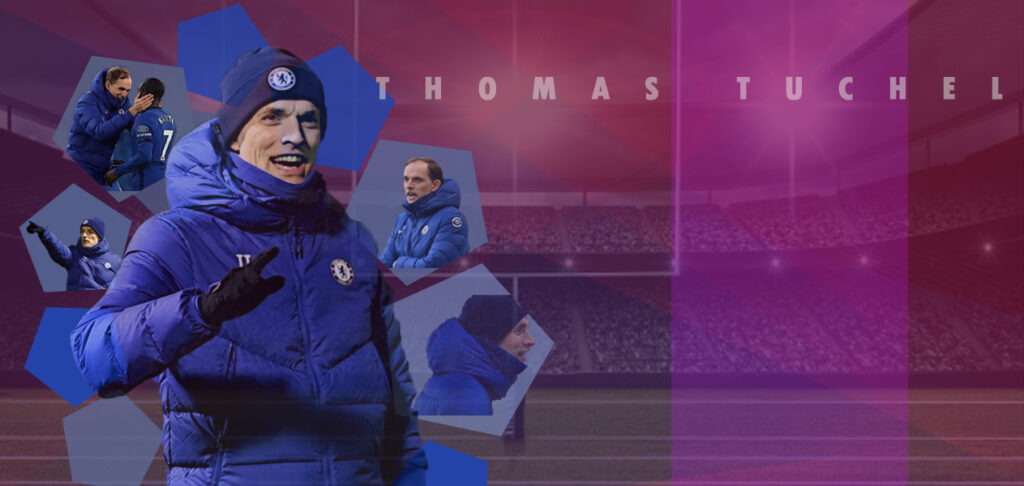
Also Read – CHELSEA DISMISSES LAMPARD AS TUCHEL ARRIVES
The Champions League Blues (Chelsea)
It did not take long for Tuchel to find a new club. He was appointed as the Chelsea manager only after one month of parting ways with PSG. Tuchel was brought in by Chelsea to salvage their hopes of a top-four spot in the Premier League. The Blues had high expectations during the start of the season after securing some fantastic and big money signings. Still, they struggled heavily under the club legend Lampard and were ranked ninth in the league when Tuchel was appointed.
Chelsea recorded an impressive run of a 13 match unbeaten streak under Tuchel, setting the record of longest unbeaten run by a new head coach in Chelsea’s history. This incredible run saw them climb from ninth to fourth. Chelsea have lost just twice in the league since Tuchel took over.
This sudden redemption of form continued in the cup competitions as Tuchel guided Chelsea to another FA Cup final, beating Pep Guardiola’s Manchester City in the semi-final, but he eventually lost to Leicester City at Wembley in the final.
Losing the 2020 UCL final with PSG left everyone wondering if Tuchel is really one of the best managers in Europe. However, the Bavarian was able to redeem himself and assisted Chelsea to their second UCL trophy. Having beaten the likes of Atlético Madrid, Porto, and Real Madrid on the way, Tuchel turned Chelsea into a formidable side in real quick time. He put on a tactical masterclass against Pep Guardiola’s City, winning 1-0 in the UCL final. Kai Havertz grabbed the winning goal in a tense final at Porto.
Tactically, Tuchel sets up Chelsea in a 3-4-2-1 formation with two attacking-midfielders behind the striker. Chelsea flourished in this system. His obsession with possession requires stylish midfielders, the presence of Jorginho in the core of midfield helps to control the possession of the ball, and Kante is, as usual, ‘ubiquitous’ in stopping the opposition attacking threats. His team simply do not go into any game seeking to counter-attack and adopt a low block. They look to press and win the ball high up the pitch and move it around with technical proficiency. The two wing-backs provide the width and stretch of the opposition defensive lines, which aids in silky ball movement between the lines.
Also Read – Spurs and the art of appointing a new manager
Tuchel is blessed to have an experienced leader in César Azpilicueta and him being a versatile footballer. The companionship of his former PSG player Thiago Silva gave much sought-after stability in Chelsea’s defense. Tuchel built the team with a pragmatic approach of defensive strength as the priority.
If someone hand-picks a feature of Tuchel’s managerial philosophy, it has to be his ability to shift shapes. In many ways, he is the epitome of the post-modern manager, someone who takes in-game positional shifts to another level.
He believes in the power of the individual to solve problems under pressure and innovates training to challenge and stretch his players continually. Players practice on slippery, extremely narrow or extremely wide pitches and are given brain teasers such as being asked to control the ball with their knees before passes and hold on to tennis balls to stop them pulling opponents’ shirts.
Under Thomas Tuchel’s leadership, Chelsea fans must be having huge hopes and ambitions for prolonged success.

